

It is a line from the esteemed Belgian youth coach Bob Browaeys that cuts to the heart of the matter. “Youth football is not a team sport,” says Browaeys. “It is an individual sport.”

That is a belief that now shapes the thinking at Premier League clubs. What is intriguing is that elements of this approach are seeping into the senior game too.
There has been a wave of specialist individual coaches appointed in recent times. Southampton created the post of head of academy player development in the summer with David Hughes leaving his job as Aston Villa’s U18 coach to fill the role.
Meanwhile, Rhys Carr took up the newly-created position of individual development coach at Sheffield United working with a broader remit across a number of teams.
“My role means that I don’t work with one team,” Carr tells Sky Sports. “I work with the best players really and I give them the extra attention and the extra detail that they need.
“I have done the role with a first team previously and there is a squad of around 20 players or so and only 11 of them can start on a Saturday. If you are in that group of players who are young and trying to find your way into the team then where is your development coming from?
“The games come thick and fast so the training can be, for want of a better phrase, just a case of ticking over really because you are only ever two days away from the next game. You can’t do too much as a group. This is about giving that individual what they need.
“I always use the example of a winger. Their job is to beat a man and get crosses in. But if they are only ever doing small-sided games in training when are they ever facing up a full-back in that area of the pitch? They are not. But they might be being expected to do it on a Saturday after not playing for six weeks. So it is about exposing players to those scenarios.
“It is all about what they are going to need. My current role is more involved with the academy players where we are trying to get U18 and U23 players into our first team. What is going to get them there? What are the one or two things that are not getting them picked at the moment? Let’s work on them and develop them.
“I think it is an aspect of coaching that is only going to grow. Think about it. You only need to get one player into a Premier League first team now and that player is going to be worth tens of millions of pounds. So there is a business case there for individual coaches.”
In some respects, only the job title is new. Clubs have long been aware that while hundreds of players flow through their academy system only a handful of those are going to make the grade. That is no secret but it is a reality that can sometimes seem pushed to one side when youth teams are celebrating victories together or being coached in large groups.
It is a harsh truth that Louis Lancaster came to realise at Watford back in 2013. Jadon Sancho was the jewel in the club’s academy and – long before his move to Manchester City just before his 15th birthday – it was already apparent that he stood out from the rest.
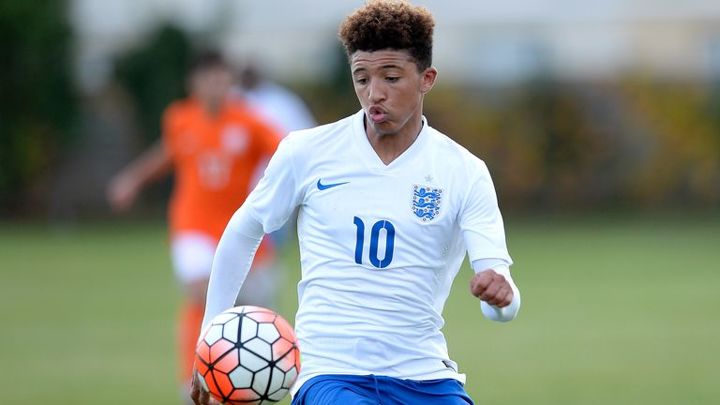
Lancaster pitched for the then-little-known role of individual coach working with Sancho and a select group of other young players within the club’s academy. For him, it was an idea rooted in the economic reality of Watford’s situation. He made that business case.
“At some point the club are going to ask you for a product,” he tells Sky Sports. “They can’t keep giving you this money with nothing coming back. So I asked how many players the first team had produced in the last 10 years. I was told they had produced lots. Fantastic.
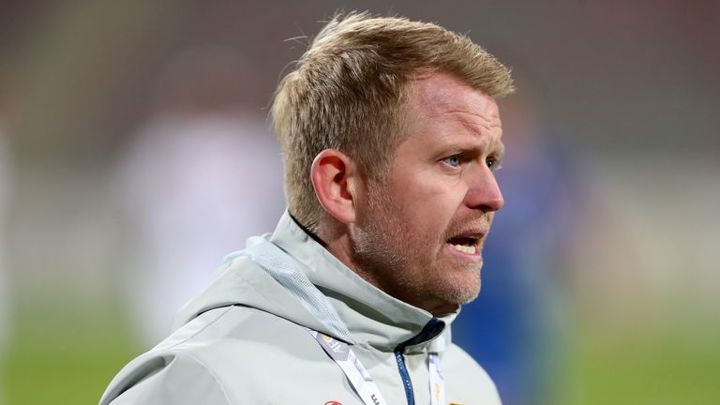
“But how many had played 50 games or generated more than a million in revenue for the club? That is when the numbers got really low. So if I am an elite developer who is supposed to be working with elite players, just give me the best five players in the academy.
“That role really taught me the difference between sport for all and sport for the elite. It was fantastic because I just highlighted five players. I understand it can change because of puberty and someone might have a dip, I fully get that and we had to monitor it well, but it was great to focus on just five players and getting the best from them.
“All of the players have access to coaches and facilities but it’s just those extra bits.”
Carr’s role at Sheffield United is to provide those extra bits. There are echoes of Lancaster experience here too. He recalls arriving at the club’s training ground for the first time in the summer and spotting a photograph on the wall commemorating a recent trophy success.
“It was one of the first things I noticed,” says Carr. “I had been at Bristol City 200 miles away at the time and I had no idea that a couple of years ago Sheffield United had won this U18 league. What I did know is that Kyle Walker, Harry Maguire and more had come through the academy.
“We have to ask ourselves who out of that team is now in the first team and sadly the answer is none of them. When it comes to academies, while it is important to win, it doesn’t make sense to reel off titles. It does make sense to reel off the names that have come through. It is about the best ones.”
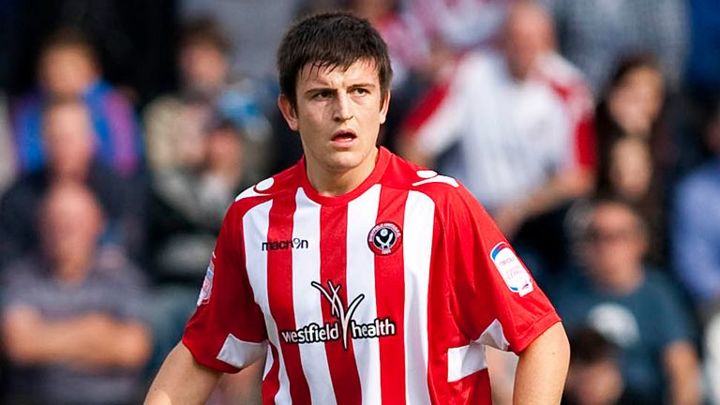
The logic of focusing on that one unique talent who could transform the club’s fortunes, one way or the other, makes intuitive sense. But there is so much more to Carr’s role because academy manager Jack Lester needs him to work with a wide range of players at the club.
“It all starts from the academy manager,” explains Carr. “I didn’t know the players at Sheffield United in the summer so we had a process where I asked what each player needed to work on.
“There was a case for it because when team managers are worrying about the next three points does it really make sense for them to spend any extra time they have with a young player coming through? That lad you have just signed from abroad who is just settling in and needs that bit of extra work? If there is a need for that then I can step in and help that individual.”
For Carr, it makes for long days.
“There are individual sessions at 7.30am. The U23s train at 10.30am and I will deliver part of that session. In the main session, I will pick out one or two players. Whenever there is a break I will be asking them why they did what they did and whether they could think about doing this instead. So they are constantly getting feedback. Players want to get better.
“But it challenges you as a coach because you don’t stick with one team, you are always working. We have a couple of England youth internationals in the schoolboys so I work with them. I was a defender so I had to study striker movement in great detail in order to work with our strikers because otherwise what I am delivering is not going to make sense to them.
“In the afternoon there might be a double session where I am taking the midfielders and working on those relationships. If there’s not then I will be studying video with players one-on-one. You don’t have to be on the pitch with your boots on to be improving as a player. You can be just talking it through instead. That is massively underestimated.
“There is always something to work on. You only have to look at Cristiano Ronaldo and his journey coming through to see the benefits of constant practice. He would stay out with individual coaches and do extra practice then. It is that work that has got him to where he is now. If you aren’t Ronaldo then why should you not work on it too?”
The example of Ronaldo is an intriguing one given that much of his one-to-one work at Manchester United was done with Rene Meulensteen, the club’s Dutch skills coach.
Meulensteen was a fierce advocate of the Coerver coaching method – named after Wiel Coerver, a compatriot of his, who became known as the Albert Einstein of football.
Coerver, who coached Feyenoord to the Eredivisie title in 1974, studied the great players from the past and concluded that what made them better than the rest was their skills with the ball. More importantly, Coerver believed that those same skills could and should be coached on an individual basis.
Coerver coaching states that “the success of any team system, tactic or formation ultimately depends on the quality of the individual player skills” and this should dictate the approach.
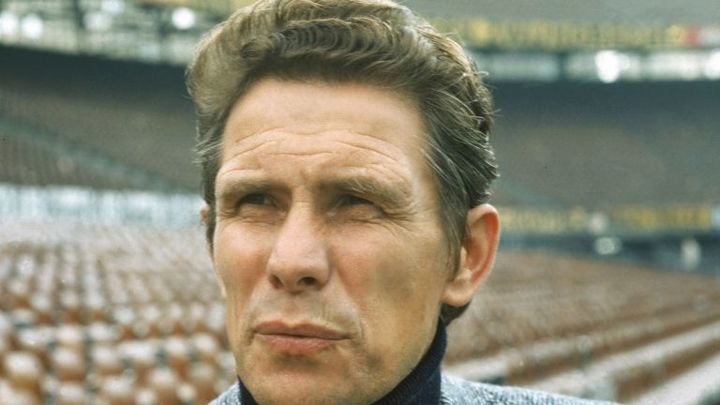
Meulensteen’s role at Manchester United was changed to focus specifically on this one-to-one training. Dribbling sessions with the players who needed it. Hours spent working on a particular turn. He would talk through individual goals targets with Ronaldo.
This dedication to Coerver’s methodology was one of the principal factors in Sir Alex Ferguson bringing Meulensteen to the club in the first place. He had been a longstanding admirer.
“One reason we hired Rene was because of his knowledge and experience in the Coerver programme,” Ferguson explained back in 2006. “The intention was to improve the technical ability of all the young kids, and of course Wiel Coerver had a tremendous influence on Rene and I was quite aware of that.
“That was fine by me. I also used it all the time when I was manager and coach at Aberdeen years ago. I thought it was very important then and I think it’s even more important now. It is a great way to improve skills and is necessary for all players not only youth players.”
Ferguson was a fan but other influential figures were not so convinced, most notably the Dutch football federation. As Fons van den Brande once put it: “The KNVB has not considered skills training from the point of view of Wiel Coerver and Rene Meulensteen. This kind of skills training has always been seen as forbidden fruit.”
Coerver’s methods were seen as particularly controversial in the Netherlands because they were directly opposed to the views of Rinus Michels, the iconic coach who, together with Johan Cruyff, had been the facilitator of the Total Football for which the country was famed.
Michels and Cruyff valued the individual but only within the context of the whole. Teaching young players how to do the Cruyff turn did not help them understand why to do the Cruyff turn. For Michels, this went against his ethos. Individuals were a part of the whole.
It is a fair point and clearly football remains a team sport. But the result of Coerver’s approach being seen as taboo was that skills coaching became something of a divisive topic within coaching circles, as explained by Jefta Bresser, academy manager at De Graafschap.
“I definitely think it has been overlooked,” Bresser tells Sky Sports. “Wiel Coerver was absolutely cursed by our federation, they absolutely denied him and that was stupid.
“If you look at the world today, kids are not playing outside any more so the technical development of our kids has stopped on the streets. We have to give them the opportunity to develop individually and that is why you need specialists to do that.
“When I was a young kid I played on the streets and I saw a bigger kid outplay a kid with a stepover and that is what I wanted to do so I started practising it in the backyard to get that move. If the kids don’t play outside any more then they don’t have that example any more so we have to give them that example and that opportunity in training sessions.”
Bresser’s experiences in the Netherlands, where he worked as a skills coach with NEC Nijmegen before taking his current position as an academy boss, mirror the experiences of both Lancaster and Carr in England. A different country but the same realisations.
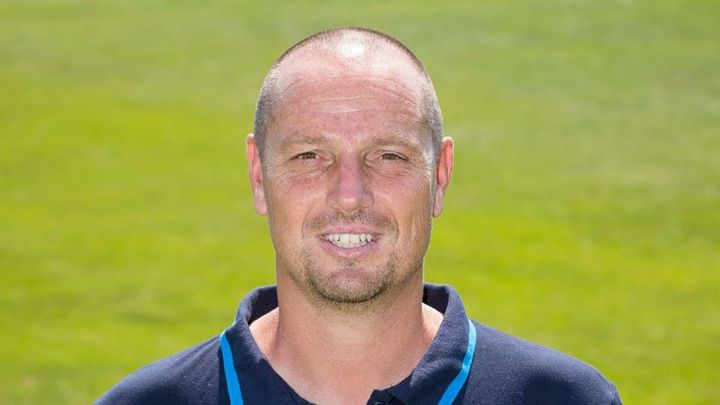
“At senior level, the team is the goal,” he says. “In the academy, the team is the second thing. The individual is most important. I have a tremendous U16 player who will make it to the very top in Holland. Only a couple of our other guys will even make it to the first team.”
But perhaps the clearest indication of where this brand of coaching could lead stems from the appreciation that individual coaching works with older players too.
“I will give you an example,” says Bresser. “We worked with a 34-year-old left-back at NEC Nijmegen. Every session I had 45 minutes of skills work with him every single day of the week. The one session before the game was a little shorter but we still had a skills session.
“If you look at his improvement in his confidence on the ball just from these skill sessions. The better that your skills are, the more confident you are on the ball. The more confident you are, the better your decisions will be in the game, for sure.”
This is the thinking now driving clubs as they continue to add individual coaches to the array of specialists now working within the game.
Carr is just the latest but he will not be the last.
SPONSORED LINKS
[TRENDING SONG!!] Romani D-Fans – Bestie (Prod By Krizbeatz)
[TRENDING MIXTAPE!!] DJ Baddo – Bestie Unlimited Mix
[TRENDING SONG!!] TYSG Ft Bad Mz X Kendi Rozzi – Iyariya
INSTALL 9JAFLAVER MUSIC APP, STREAM, DOWNLOAD, AND PLAY MUSIC OFFLINE
CHECK OUT FUNNY PICTURE AND MEME HERE (CLICK HERE)
Chissom Anthony – Glory To God In The Highest [See Trending Gospel Song]
© 2014-2023 9jaflaver. All Rights Reserved.
About us | DMCA | Privacy Policy | Contact us
| Advertise| Request For Music | Terms Of Service
9jaflaver is not responsible for the content of external sites.